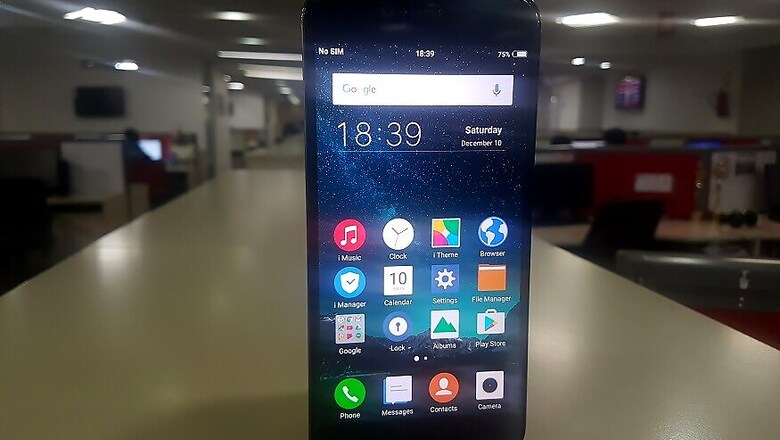
views
Researchers have developed a new colour changing surface tunable through electrical voltage -- a breakthrough that could lead to three times the resolution for televisions, smartphones and other devices.
Video screens are made up of hundreds of thousands of pixels that display different colours to form the images. With the current technology, each of these pixels contains three subpixels -- one red, one green, one blue.
However, researchers at the University of Central Florida (UCF) may eventually make that model a thing of the past as they have come up with a way to tune the colour of these subpixels.
Researchers are able to change the colour of individual subpixels to red, green or blue by applying differing voltages.
"We can make a red subpixel go to blue, for instance," said Debashis Chanda Assistant Professor at UCF.Also read: Apple iPhone 8 to Sport a Samsung Galaxy S8 Like Display
"In other displays that is not possible because they need three static colour filters to show the full RGB colour. We don't need that now; a single subpixel-less pixel can be tuned across a given colour gamut," he added.
The researchers also stated that by eliminating the three static subpixels that currently make up every pixel, the size of individual pixels can be reduced by three.
According to the paper published in the journal Nature Communications, with three times as many pixels, there will be a higher resolution.
The breakthrough will have major implications for not only TVs and other general displays but augmented reality and virtual reality headsets that need a very high resolution because they're so close to the eye.
"A subpixel-less display can increase resolution drastically. You can have a much smaller area that can do all three," researchers noted.Also read: OnePlus 5 With Dual Cameras to Launch in June



















Comments
0 comment